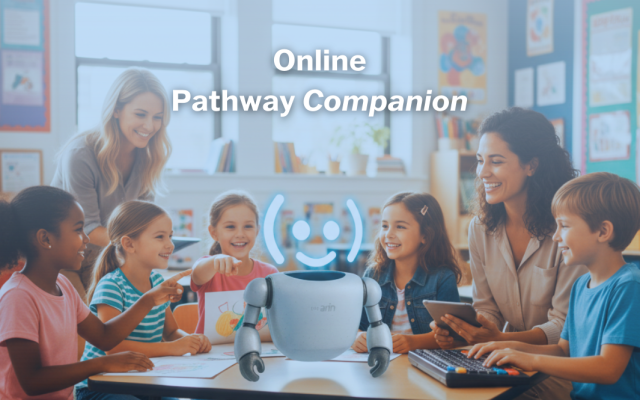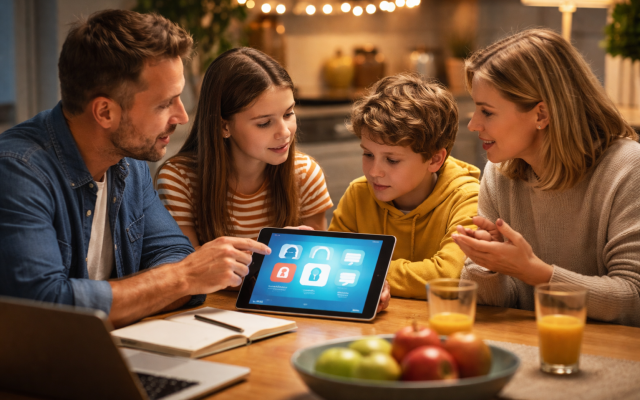Job Digital Lab Stories: Robots in Pediatric Wards
Despite belonging to an analogue generation, she has a passion for technology that improves people's well-being. And she is certainly not afraid of the robots that she brings to oncological wards to help children face therapies more serenely. On March 9, Isa Cafagna, Vice President of Predict, participated in the event entitled Artificial Intelligence and Digital Marketing for the Blue Economy: the development of local businesses passes through here, held in Bari as part of Job Digital Lab – Training to Get Back in Action, organised with ING Italia.
With the help of Nicoletta Vulpetti, who is passionate about identity stories, Isa Carfagna describes her vision of machines: “they help us to process large quantities of data, to make associations, to extract information. However, humans remain the fulcrum of these processes. We are the only ones who are able to think outside of the box and have an intuition by watching a sunset." Here is her story…
Predict was founded in 2008 as a sales company for General Electric ultrasound and mammography equipment. Starting in 2015, we began investing in research and development with the aim of introducing innovative technologies in the healthcare sector. Although I belong to a more analogue generation, technology has always fascinated me. I like to learn about it and understand how much and how it can support us improve our well-being.
At Predict, we have developed three solutions: Mistral, Optip and Aphel. With Mistral, we "technologized" Hippocrates' intuition according to which human smell reveals the state of health of the body. This small black box, in fact, manages to extract a “breath fingerprint” that is different in each person. Human breath contains a range of volatile organic compounds produced by metabolic processes that develop in the organism and therefore reflect the physio-pathological state of the human system, such as some types of tumour, allowing for early and non-invasive diagnosis.
Optip is a platform that allows advanced video calls, sharing of knowledge and skills between users, and breaks down distances, bringing users together in “holopresence”. Thanks to the potential of augmented and mixed reality, using special viewers, Optip "enriches" what we see in the real world with holographic information such as text, images and 3D models.
Aphel is a project that integrates robots for patient support and healthcare personnel in ward activities. In paediatric onco-haematology, for example, we tested them under the guidance of a psychologist as assistants for hospitalized children, who thus faced the therapies with more serenity. During Covid, when patients could not be accompanied inside hospitals by their relatives, the robots chaperoned them to prevent them feeling disoriented.
Our vision is to ensure that human work is increasingly value-added, not limited to routine tasks. I imagine the future with a technology that is increasingly tailored to the needs of individuals, a technology that supports patients and doctors, without however replacing them.
Machines help us to process large quantities of data, to make associations, and to extract information but the human factor remains the fulcrum of these processes. We are the only ones who are able to think outside of the box and to have an intuition while watching a sunset.




